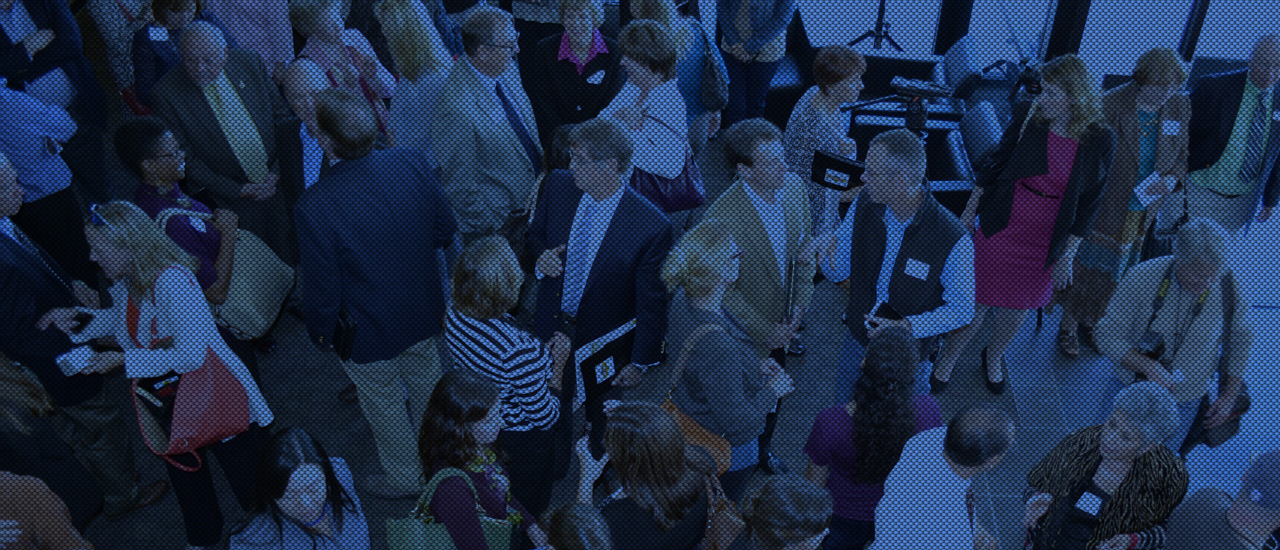
Profiling of Particular Populations

A random, suspicionless search is a fishing expedition, and we have indicated our displeasure with such practices on many occasions… It is beyond dispute that many members of our society live, work, and spend their waking hours in ‘high crime areas,’ a description that can be applied to parts of many of our cities. That does not automatically make those individuals proper subjects for criminal investigations.
DESCRIPTION
Often, the government’s gaze doesn’t fall on everyone equally. Advanced surveillance technologies may be targeted inappropriately at particular groups or used disproportionately in minority communities.
A seminal study of public CCTV surveillance in the United Kingdom found that only 24 percent of the people targeted by camera operators attracted attention due to suspicious behavior. On the other hand, “34 percent of people were surveilled merely on the basis of belonging to a particular social or sub-cultural group.” CCTV operators were almost 50 percent more likely to target black people ”for no obvious reason” than white people. In the United States, certain religious groups and communities of color have also been disproportionately targeted, for surveillance. The NYPD’s infiltration and electronic monitoring of mosques, Muslim student groups, and Muslim-owned businesses is one recent example. Privacy advocates have found data indicating that the Boston Police Department has targeted its automatic license plate reader program at working class and minority neighborhoods.
Advocates of new surveillance systems sometimes argue that hi-tech mass monitoring is “neutral” in a way that traditional policing is not. The Police Executive Research Forum points out, for instance, that ALPRs capture (almost) every plate in their field of view. But if surveillance technology is concentrated in a particular area or directed at a certain population, unequal treatment and heightened scrutiny from law enforcement results. Police should use surveillance tools only to investigate people under suspicion for a particular crime. Otherwise, powerful surveillance technology and personal information databases could exacerbate racial, ethnic, and class disparities in the criminal justice system.
Examples of Use
Recommendations
When government agencies consider acquiring and using surveillance systems, communities and their elected officials must both weigh the benefits against the costs to civil liberties and carefully craft policies and procedures that help to limit the negative effects that surveillance will have on fundamental rights. For a useful list of considerations, please visit the recommendations page.
